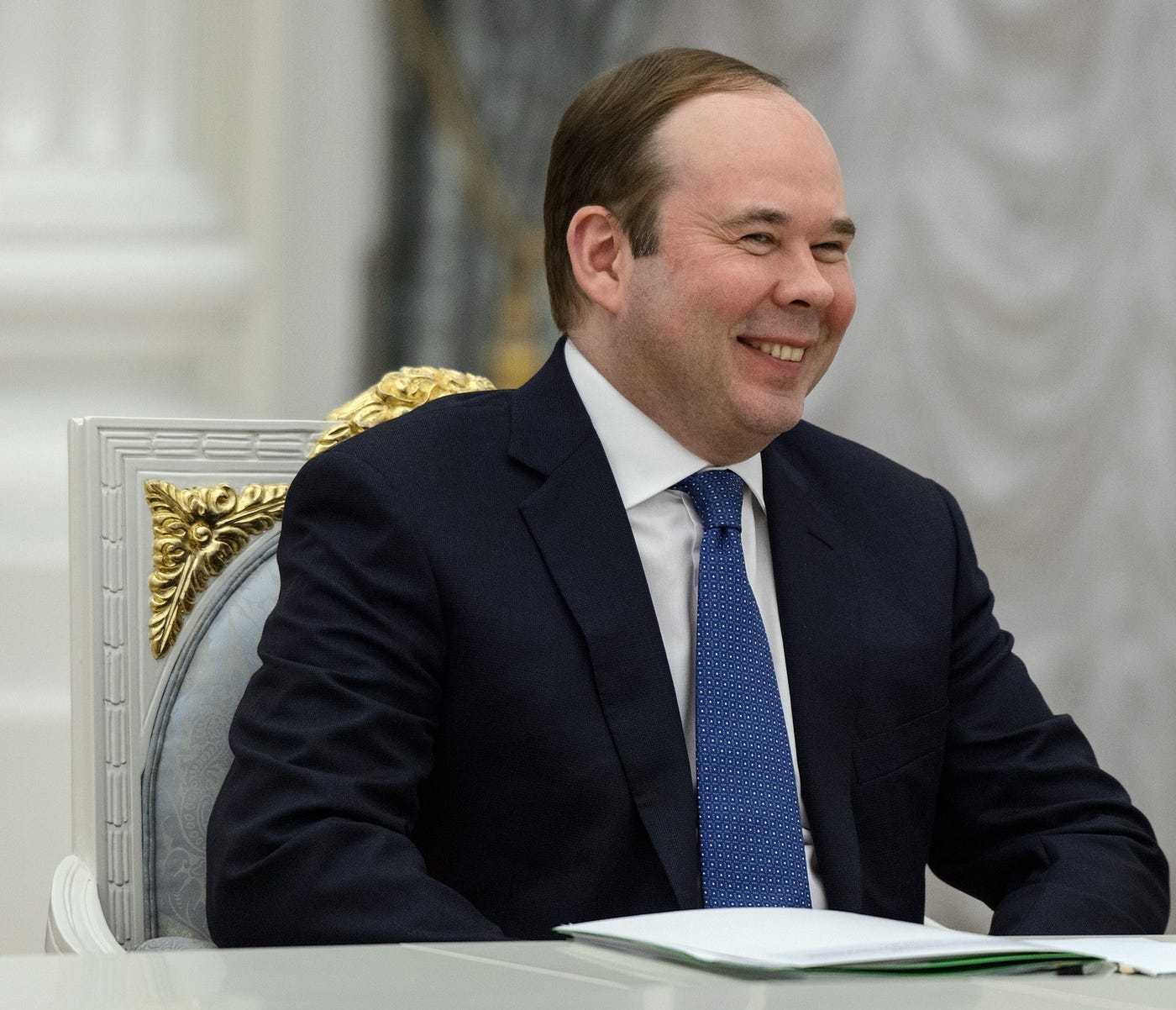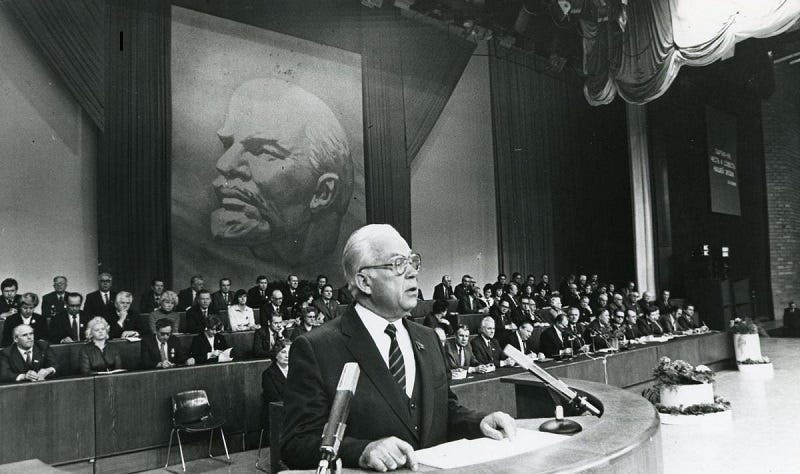In just about a week, Vladimir Putin's next inauguration will occur, and it will be accompanied by significant rearrangements within the Kremlin. The reconfiguration of power will shed light on what can be expected from his new term. Recently, the conflict between the President's administration and the FSB has escalated, giving rise to numerous rumors about unexpected appointments. In the upcoming episode of the series 'Tsardom,' I will explore the current structure of the President's administration—the most crucial body of authority in Russia—and discuss potential changes.
The Future Minister?
The Presidential administration in Russia is a remarkable entity. Although not established by the constitution, it effectively orchestrates many of the country’s processes, virtually substituting for the government. Furthermore, the administration is housed in the same building in Moscow that once hosted the Central Committee of the Communist Party, which de facto governed the USSR.
In the previous episode, I mentioned that Putin is convening this week with his closest friends and top officials at his Valdai residence. The meetings are organized by Anton Vaino, a bureaucrat who has led the Presidential administration for eight years. He is exceptionally close to Putin, lacking ambition but seeming irreplaceable.
This time, however, Putin is seriously contemplating a change at the helm of the administration. The most intriguing rumor is that Vaino could be poised to become the new Foreign Minister, succeeding Sergey Lavrov, who has held the position for two decades.
At 74, Lavrov is older than Putin and has long been seeking retirement. Putin believes that a Foreign Minister should not be someone who is proactive or well-versed in international affairs. Instead, his primary role should be that of a compliant executor. This has always been Putin's expectation of Lavrov. Notably, the current Foreign Minister was even unaware of Putin’s decision to initiate a full-scale invasion of Ukraine in February 2022. Putin does not seek advisors; he is convinced of his superior understanding of international relations. Lavrov is well aware of this and invariably refrains from challenging Putin.
Now, according to rumors, Vaino may assume this position. His profile as a reticent executor fits seamlessly. He also possesses the requisite background, having graduated from the Moscow State Institute of International Relations and served as a diplomat, initially at the embassy in Japan and subsequently in the Asian Department of Foreign ministry.
Vaino is hardly the first official from the administration to be considered for this role. Previously, sources indicated that Dmitry Peskov, Putin's longtime press secretary, was keen to become the head of the Foreign Ministry. However, his ambition ultimately backfired—Putin does not favor individuals who are too proactive. Vaino, in contrast, is not actively seeking a ministerial role and would rather remain in his current position, which significantly boosts his chances.
The Prince of Estonia
In a previous episode, I discussed the emerging 'princes' of the new generation, one of whom, Boris Kovalchuk, is rumored to succeed Vaino. Yet, the current head of the administration is also a prince, albeit from a Soviet bureaucratic dynasty.
Anton Vaino was born in 1972 in Tallinn, Estonia. His grandfather was the head of that republic at the time — the first secretary of the Estonian Communist Party, Karl Vaino. Therefore, Anton was essentially a communist prince of that Baltic state, then occupied by the USSR.
Vaino Senior was a staunch communist, born in Siberia and not fluent in his native language. The Vaino family moved to Tallinn only after World War II when Estonia was declared a part of the Soviet Union. Despite being ethnically Estonian, Karl Vaino was always seen as an outsider, an appointee of the Russians, and was known for his strong enforcement of Russification policies.
In 1988, amidst Mikhail Gorbachev's policies of perestroika and democratization, the elder Vaino was ousted from his position. Just a year later, in 1989, the Estonian parliament declared the republic's independence from the USSR. At that time, young Anton Vaino became a prince in exile as his family relocated to Moscow.
Keep reading with a 7-day free trial
Subscribe to The Last Pioneer to keep reading this post and get 7 days of free access to the full post archives.






